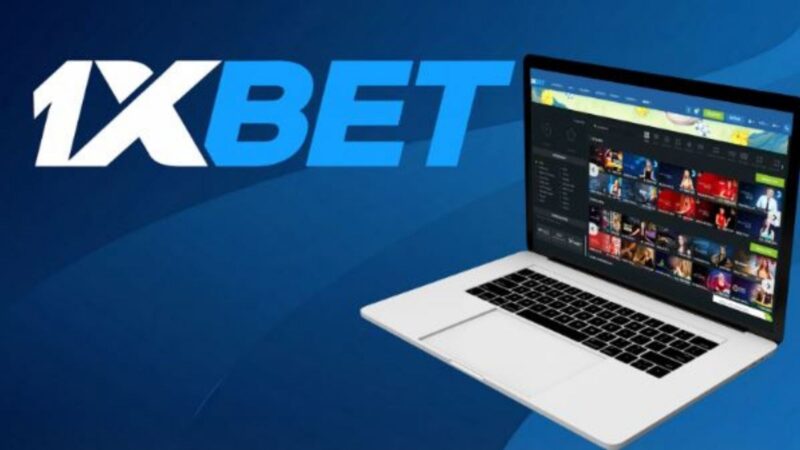
When evaluating cryptocurrencies for betting online, the two leading options are Bitcoin (BTC) and Ethereum (ETH). As the first major cryptocurrency, Bitcoin enjoys greater mainstream recognition and adoption. However, Ethereum has quickly grown in popularity due to unique capabilities from its underlying blockchain technology.
This article compares the advantages and disadvantages of using Bitcoin versus Ethereum for online gambling at Wild Fortune online casino and other gambling establishments. Key factors analyzed include transaction fees, confirmation speed, anonymity, and Ethereum’s support for self-executing smart contracts. By understanding the core differences between these cryptocurrencies, players can decide which option best aligns with their priorities.
Transaction Fees
An important consideration for online gambling is the cost per transaction on the blockchain network. Cryptocurrency miners are paid fees to verify activity and record transactions on the public ledger.
Since its launch in 2015, Ethereum has maintained much lower average transaction fees than Bitcoin. As of February 2023, the average Ethereum transaction fees are around $0.50 to $1.50.
Bitcoin’s average transaction fee peaked at over $60 in April 2021, when network activity surged. While currently lower to around $1.50 to $2.50 on average, Bitcoin has frequently seen volatile spikes in transaction costs.
Ethereum’s predictably lower transaction fees make it more practical than Bitcoin for making numerous smaller deposits and withdrawals with cryptocurrency when betting online.
| Cryptocurrency | Average Transaction Fee |
| Ethereum | $0.50 to $1.50 |
| Bitcoin | $1.50 to $2.50 |
Confirmation Speed
Gambling sites accepting cryptocurrency also differ in the number of network confirmations required before deposits or withdrawals are credited. Each confirmation takes time for miners to verify transactions and add to the public ledger.
Ethereum currently processes blocks faster, with an average confirmation time of 13 seconds, compared to 10 minutes for Bitcoin. Therefore, Ethereum is better suited for quicker deposits before placing bets.
Some Bitcoin gambling sites require just 1 confirmation, which takes 10+ minutes. More commonly, sites wait for 3 confirmations (~30 minutes) or 6 confirmations (~60 minutes) before crediting Bitcoin deposits to a player’s account balance.
By comparison, most Ethereum gambling sites only require 30 seconds to 1 confirmation before allowing an ETH deposit to be played. This makes quick deposits convenient if a player prefers betting immediately. However, with fewer required confirmations, the tradeoff increases transaction fraud risk.
Again, Ethereum is better suited when a player expects to make numerous smaller cryptocurrency deposits for ongoing betting activity. A shorter 10-second block confirmation time is preferred over a longer 10+ minutes between Bitcoin transactions.
| Cryptocurrency | Required Confirmations | Total Time |
| Ethereum | 1 | 0 sec to 1 min |
| Bitcoin | 1 to 6 | 10 min to 1 hr |
Anonymity Features
Bitcoin and Ethereum offer increased anonymity compared to traditional financial transactions like bank account payments or credit cards. However, there are differences regarding traceability and personal information security.

All Bitcoin and Ethereum transactions are tracked on their respective public blockchains, recording the sending and receiving wallet addresses. Both cryptocurrencies use digital wallet addresses as account identifiers rather than verified personal details connected to a user’s identity. Ensuring anonymity depends on breaking any connection between a person and their wallet address.
However, Bitcoin is considered pseudonymous rather than fully anonymous. Any wallet addresses used for deposits or withdrawals when betting may not reveal the account owner’s identity, but the complete transaction history for that address is still visible. Sophisticated analysis of the Bitcoin blockchain makes it theoretically possible to track transactions and backtrace a user’s identity in some circumstances.
For those concerned about comprehensive anonymity coverage with online betting or gambling activity, neither Bitcoin nor Ethereum transactions themselves provide full protection of personal identifying information compared to more privacy-focused cryptocurrencies like Monero (XMR) and ZCash (ZEC) which anonymize sender, receiver, and amount. However, Bitcoin and Ethereum have clear advantages regarding broader mainstream exchange availability and adoption rates amongst gambling sites. Players should understand their inherent limitations regarding anonymity nonetheless compared to other cryptocurrency alternatives.
Smart Contract Functionality
One of Ethereum’s biggest innovations beyond Bitcoin is introducing decentralized smart contract capabilities on the blockchain. Nick Szabo first described the concept of a vending machine, metaphorically acting as a “smart contract” to distribute products automatically when money is deposited.
Rather than requiring a human vendor to facilitate a purchase transaction, like a cryptocurrency vending machine, scripts written in Ethereum’s programming language Solidity can directly exchange digital assets as automated self-executing contracts.
For online gambling, this enables casinos and sportsbooks to process player deposits and withdrawal payouts without intermediary actions. Smart contracts can also power entire gambling DApps distributed across Ethereum’s network.

Due to Bitcoin’s more basic scripting language, it does not natively support sophisticated smart contract functions like Ethereum. Hence, Bitcoin gambling sites still require human operators and transactions manually initiated rather than directly player-to-casino automated through complex software instructions.
Ethereum’s underlying architecture makes “trustless” gambling directly between peers possible using these self-governing smart contracts, with no risk of interference from handling payments or game results. However, usability tradeoffs exist currently, as with any emerging technology.
Bottom Line
While Bitcoin enjoys a first-mover advantage in the cryptocurrency gambling space, Ethereum offers advantages regarding lower transaction fees, faster confirmation times, and unprecedented smart contract capabilities.
Players should consider key factors like fiat currency exchange options, deposit/withdrawal limits, site reliability, and licenses when choosing between Bitcoin and Ethereum gambling sites. Online casinos and sportsbooks often support deposits and withdrawals using both top cryptocurrency options.
Both Bitcoin and Ethereum bring innovations for internet gambling, advancing beyond legacy regulations and financial systems. Ongoing cryptocurrency adoption plus further technological developments shall continue expanding access and capabilities within this evolving landscape.










